 Half of a Yellow Sun by Chimamanda Ngozi Adichie
Half of a Yellow Sun by Chimamanda Ngozi AdichieMy rating: 5 of 5 stars
As we hear about the war atrocities and growing threats to life from cold and hunger in the Ukraine, it can be hard to imagine what life is really like, day to day, for those who are there. You wouldn’t think that reading a book set in 1960s Nigeria would provide that insight, but Chimamanda Ngozi Adichie’s book, Half of a Yellow Sun, did just that for me. It was a far more powerful look at what happens in wartime, and how it really affects everyday people, than any TV news clip. It is one of the best books I’ve ever read, and I highly recommend it.
It tells the story of the Biafran War. After Nigeria gained its independence from Britain in 1960, the country was riven by ethnic tensions. Among the worst atrocities were the 1966 slaughters of the Igbo people, which ultimately led them to declare their own state: the Republic of Biafra. Not surprisingly, the Nigerian government and military did not respond well to this secessionist state and launched a war to regain the territory. Adichie’s book takes you inside that process, from the viewpoint of two middle-class, academically oriented couples, their houseboys, and their extended families and friends.
I listened to the beautifully read audiobook production, narrated by Zainab Jah. I’m not the sort of person who re-reads books: I feel that life is too short and there are so many more good books out there than I’ll ever have time to read, I can’t justify spending time rereading something I’ve already read. But this is one of the rare exceptions: I will now buy and read the original written version too. As an aspiring author of historical fiction, there is so much to learn from this amazing work. I want to take the time to study and savour it.
As someone who is also writing a civil war story (mine is set during the Russian Civil War of 1917-22), it shows me that it is, indeed, possible to tell such a story with the historical facts and politics being revealed subtly through the personal stories of the characters, rather than having to bludgeon the reader with the details of all the political rivalries. What interests me as both a reader and a writer is the personal stories, and how peoples’ lives are affected by the politics. Obviously, the facts have to be accurate, but I dream of writing a book that wraps you up in the world of those who live through such turbulent times, and leaves you wanting to learn and think more about how the historical situation is relevant to today’s world. Half of a Yellow Sun did that for me.
On the other hand, Adichie’s writing is so magnificent that it also makes me despair: there’s no way I’ll ever be able to write anything even close to as good as her masterpiece! I just have to keep reminding myself that it is possible to write a good story without it being of Nobel Prize quality. I’m unlikely to ever have the skill level of an Adichie, and certainly not in my first novel, but as long as mine is good enough to be read and enjoyed by some readers, it won’t be a wasted effort.
View all my reviews
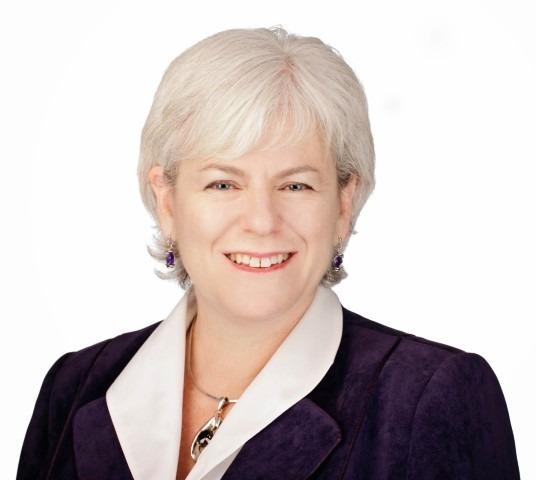
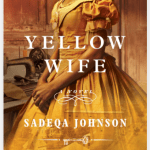
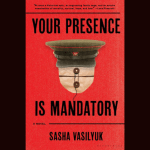
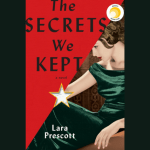
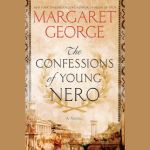
Thanks Brenda!
As I often remind you, every book written does not need to be a Nobel prize winner. If a book you wrote touches the heart of a single reader, is it not worth the effort you put into writing it? This one sounds like an exceptional read bit it also is not not likely the debut novel of this author. Yours will be a wonderful story too!